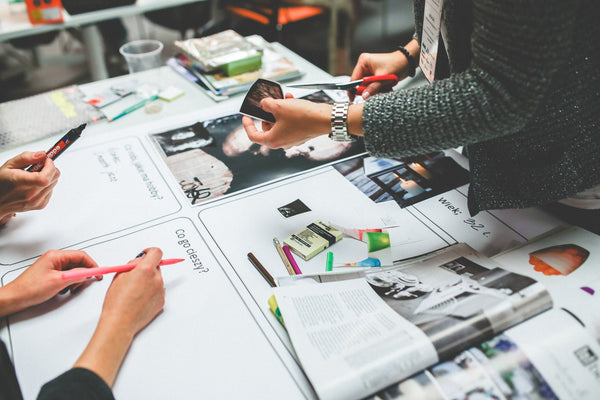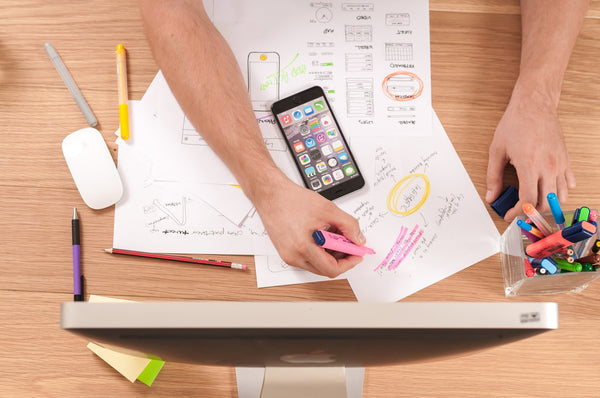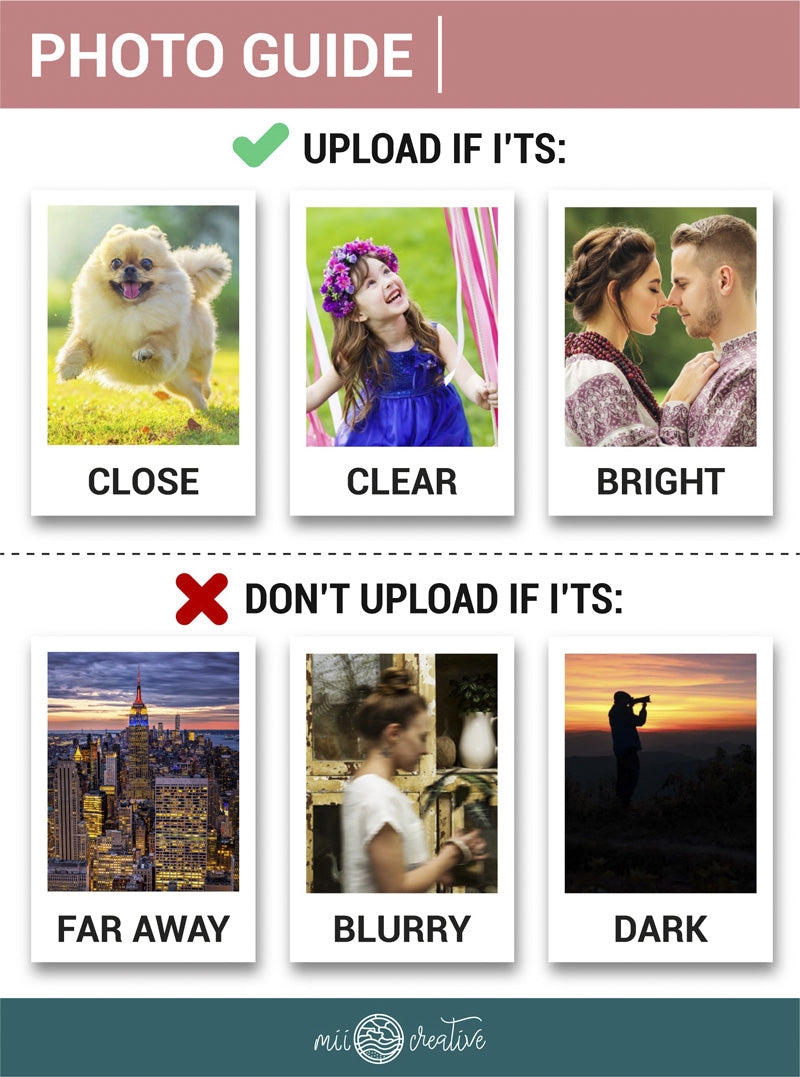A lot of people think that not everyone is born creative. While it’s true to some extent, knowing that we’re not created equally and we all have our own talents and capabilities, creativity is a skill that can be developed and nurtured. It’s not just something that you’re born with. When we think about creativity, what often comes to our minds is the Mona Lisa painting by Leonardo da Vinci, the David sculpture of Michelangelo, and the Harry Potter series by J.K. Rowling. It barely comes to our mind that Einstein’s Theory of General Relativity and NASA’s hundreds of space crafts are products of creative minds, too. The thing is, creativity is more than just making artworks, producing sculptures, and writing novels. The skill of problem-solving, generating ideas, and critical thinking are also a part of what creativity constitutes of. All these being said, you may wonder what creativity requires. That’s what we’re going to explore today so keep on reading if you wanna learn more.

Creative people exist outside art studios, theatres, museums, and art galleries. They can also be found in coffee shops, company offices, parks, and regular places. Regular jobs often discourage creative skills and often lead to people thinking that there’s no room for such if they’re not an artist. This ability shouldn't be belittled since it provides plenty of advantages even if you’re a non-artist. First, it can improve your cognitive skills which helps you generate multiple solutions to a single problem. Thus, it can also improve teamwork inside a company office. Third, it gives you self-confidence to be able to speak out your ideas to people. These three are just some of the benefits of being creative. Now, let’s see what creativity requires so that you can develop and nurture this skill everyday for the rest of your life.
Find Out What Creativity Requires Below!
-
Constant practice:
In order to be creative, you need to be consistent. Practice your creative areas everyday, as much as possible. Read a book, write down your ideas, solve puzzles, stay curious, and so forth. In short, be active and don’t just lay down and do nothing. To keep your creative juices flowing, you need to exert a lot of effort so keep a daily schedule of your activities, but most of all, do not forget to add a rest time in your schedule.
-
Inspiration coming from different sources:
Creativity requires inspiration gathered from different sources and environments. Try looking around your place, go out for a walk and look at the sky, birds, and people. Artist or not, engage yourself in life-enriching activities such as visiting museums and art galleries, watch meaningful movies, listen to music, try to create artworks, even a simple abstract painting, and many more. You can also get inspiration by reading books, may it be fiction or nonfiction. Try to listen to other people’s ideas, watch science shows and look at the culture of different people. By doing all these things, your perspective will be diversified and ideas will pop into your head.
-
Empathy and open ears towards others:
Humility and empathy are two of the biggest requirements of creativity. You need to accept that you do not know all things and by listening to other people’s ideas, you can learn things that you do not know. Others’ ideas and concepts can also be a source of inspiration from you. Creativity is not just creating outputs to showcase your talent, it’s also about getting inputs from your fellow co-workers, friends, etc. Thus, being able to handle criticism is also a must in order for you to improve and innovate your plans. Listen to their feedback and suggestions so that you get better and better each time.

-
Taking care of your physical health:
There’s an adage that says “healthy body, healthy mind.” Being able to generate thousands of ideas requires good physical health. So, remember to eat properly, exercise, meditate, rest, and get sufficient sleep. When you’re tired and unhealthy, it’s hard to think and motivate yourself to create something. Resting and taking care of yourself is just as important as creating. By doing these, you’re not only avoiding creative blocks and burnout, you’re also reducing stress and anxiety which improves your mental health as well.
-
Lots of motivation:
The lack of motivation is the biggest obstacle to creativity. There are just days where we struggle to meet our goals and doing something seems so dreadful. Well, you can’t just let those days stop you from being creative. To keep you motivated, always set your eyes towards your goal. You don’t have to make big steps every time, small steps will do, especially on days where you’re unmotivated. Moreover, appreciate your progress and reward yourself. Most importantly, recharge and take breaks when necessary.

The Stages of Creative Process
Now that you know what creativity requires, it’s time for your creative juices to flow! Wanna start being creative today? Then, we have taken the time to highlight the basic steps to develop the skill for you.
-
Prepare: Find inspiration, do your research, immerse yourself in different activities, and gather information from books, etc.
-
Incubate: Explore and go out of your comfort zone and experiment with different ideas.
-
Illuminate: Brainstorm your ideas and ask, what do I do next?
-
Evaluate: Ask for feedback from others, accept criticism, reflect and assess your concepts.
- Implement: Work and bring your vision to life.

Key Insights
You don’t have to be an artist to practice creativity in all aspects of your life. The creative process may seem difficult to follow for beginners but it only takes time, practice, and discipline. You’ll be flowing with creative thoughts in no time now that you know what creativity requires. So, it’s time for you to get out of your bed, think, generate, and create!



